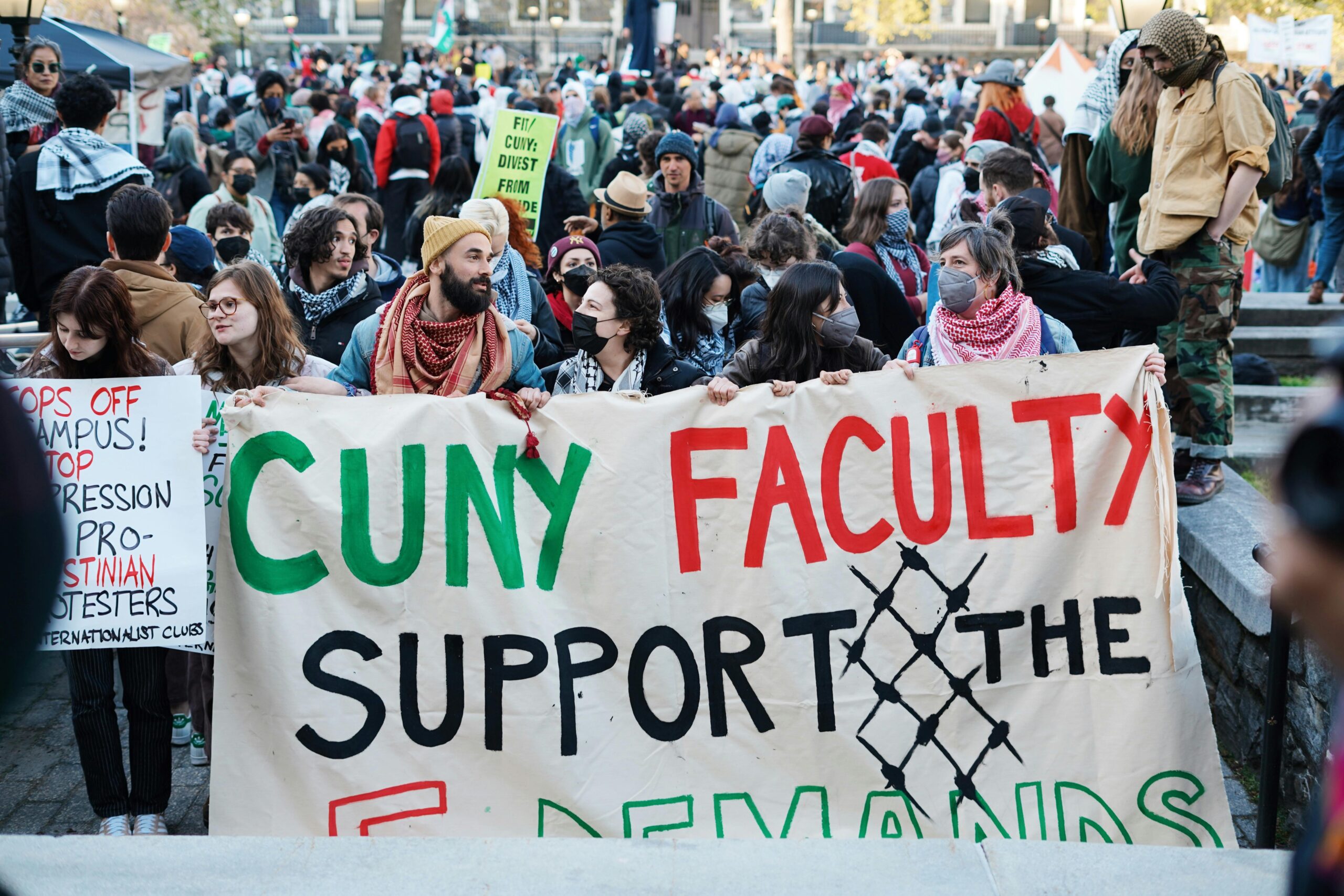

On the Shloshim
Lillian Vernon died on the eighth day of Chanukah 5775—December 14, 2015. She lived life fully until her very last moments. Her final evening was spent celebrating Chanukah, sharing a champagne toast. “Family was immensely important to my mother,” said David Hochberg. “Lillian,” he said, “died very much the way she would have wanted. She was at a fun, Jewish dinner at (son) Fred’s house. She left the party in good cheer, fell ill on the way home, and died the next morning, with her family surrounding her.”
Lilly Menasche, the daughter of Herman and Erna, was born March 18, 1927, in Leipzig, Germany. Her parents, prosperous Jewish merchants, recognized imminent danger—she and her brother Fred had been subjected to anti-Semitic attacks, he had been beaten, the Nazi party had confiscated the family’s home—and fled to Amsterdam—ironically to the same street where Anne Frank later hid. Her father considered moving to “Palestine,” and journeyed east to explore that option. But he feared the instability and decided to bring his family to America. Two years later, in 1937, the Menasche family arrived in New York. Fred soon returned to Europe. He died fighting for America during the Invasion of Normandy in 1944.
“Lillian Vernon,” said son Fred, “was an American icon, an incredible force in business and in life, a powerful presence in the lives of each of those she touched. She left her mark on the world of business, on millions of American households and…on me.” She had once used a catalog illustration of a “post-it” note holder to send a reminder: “Fred,” it read, “call your mother.”
Lilly Manashe was a romantic. She chronicled her romance with Sam, her first husband, preserving memories in a format that presaged the catalogs that would bring joy, her personal style, and a bit of a dream to millions—and make her a millionaire. Their courtship was detailed in text and image, effectively a prototype of the publication style on which she would build her business. She and Sam divorced in 1969; she was married to Robert Katz from 1970 to 1987; her widower is Paolo Martino.
“Work always came first. Initially, all she wanted was to earn an extra $50 a week,” said son David. She began her business—the Vernon Specialties Company—at her kitchen table. With $2,000 from her wedding gifts, she advertised $2.99 monogrammed leather bags and $1.99 belts—manufactured by her father’s company. Monograms were always free. “A home office was installed “in the den with the black and white TV,” David remembers, “so Lillian could combine work and being with family. She was a hands-on mother even though she worked an average of 12 hours a day.
“Lillian was extremely hard working, ” David said. “The matriarch of the mail-order business, she was never a diva. She loved her work, and was the perfect balance of femininity and strength, wanting to be recognized not as a “businesswoman” but rather as a business person. About “feminists,” she told Forbes in 1992, they “just talked about it. But you know what? I went out and did it.” Lazy people,” David emphasized, “don’t build empires from scratch.”
The Lillian Vernon Corporation was the first woman-owned company to be listed on the American Stock Exchange (1987). “We were all there to ring the opening bell. The excitement of being on that balcony was amazing. When my mother brought down the hammer I’ll bet she whacked it but good.”
Lillian carried memories across continents and oceans. “About 10 years ago,” David told the Link, “she took us on a ‘Roots’ tour.” The first destination was Leipzig, her childhood home. When the family arrived,” David recalled, “the people who lived in her former home were gracious and welcoming. My mother remembered her family history in that apartment quite clearly.
The family was presented with an unexpected souvenir: A telephone directory from the early 1930s with the listing for the Menasche family had somehow survived and had been stored in the building’s basement. “Fred secured that phonebook,” assured David.
In Amsterdam, the Hochbergs found the family’s pre-war apartment, knocked on the door, but no one was home. Remembering, David laughed. “This was Lillian. She had a bit of chutzpah. She would not be deterred, and decided to try to visit again. “And visit we did!”
“Judaism,” said David “was important to her. We celebrated all the family holidays. There were candles in our house every Shabbat. Vernon loved Israel, and visited several times. “My mother was all about family, one of the reasons Tel Aviv was her favorite place in Israel.” She supported Israel commercially, featuring Israeli products, especially jewelry and linens, in her catalogs. “She would visit the Israeli Pavilion at every European or American trade fair,” he noted, “and made an effort to patronize Israeli manufacturers.”
She served on the board of directors of The American Friends of the Israel Philharmonic Orchestra and was a strong supporter of Israel through Israel Bonds. She was honored by Shaare Zedek Medical Center (Jerusalem) as a Woman of Achievement.
That kitchen table? It may soon be on permanent display in Washington, DC. The National Postal Museum has expressed interest in “posting” Lillian’s table to the Capital, where it would be displayed as part of an exhibit being prepared for the Smithsonian. A memorial website is also being designed.
Lillian lived the American dream—a proud American who “took nothing for granted. Only in America,” said Fred “could she have achieved this success.”
By Maxine Dovere













